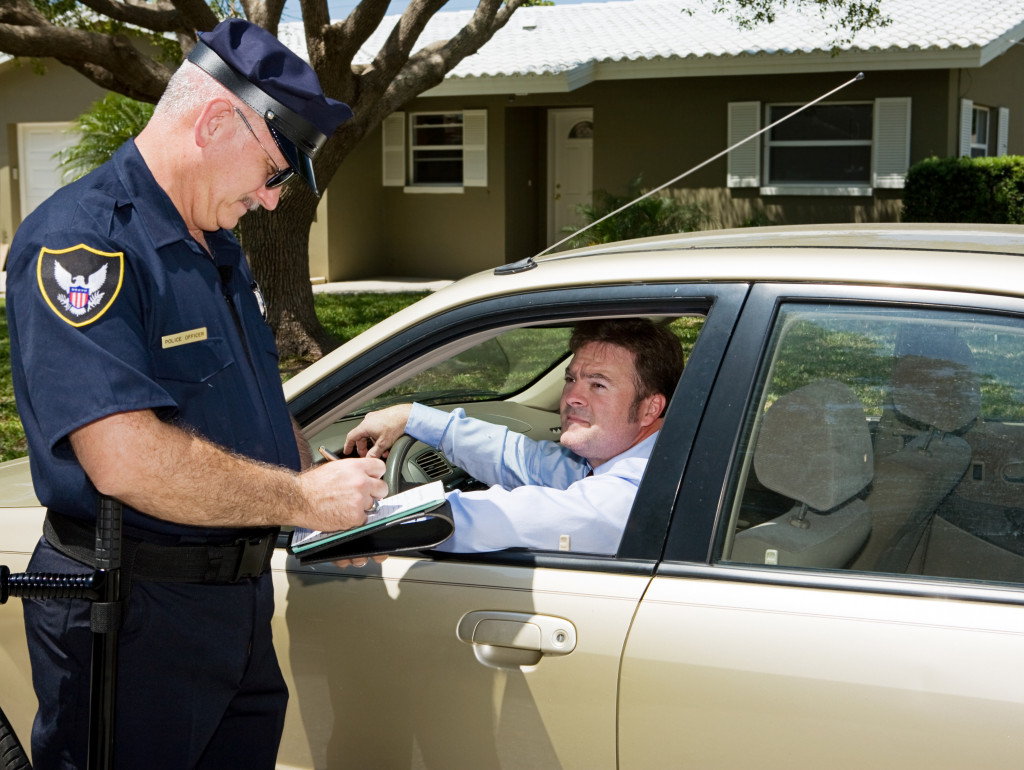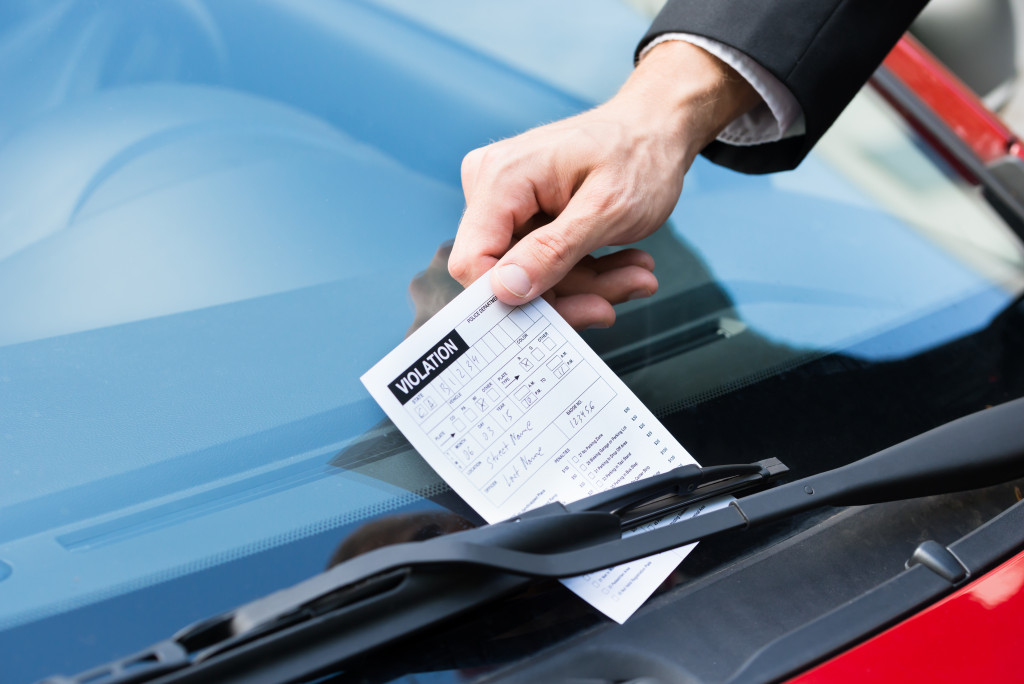It’s a fact of life: emergencies happen. And when they do, you can bet that they’ll cause you to violate at least one traffic law. Maybe you had to pull over quickly to the side of the road to deal with a medical emergency. Perhaps you were rushing to the hospital and got pulled over for speeding.
Whatever the case, getting a traffic violation ticket amid a medical emergency is certainly not ideal. Fortunately, you may have legal rights that can help protect you during this difficult time. So, what are your legal rights if you get a traffic violation ticket during a medical emergency?
Good Samaritan Law
For example, many states have this law that provides immunity from civil or criminal liability for those who render emergency assistance. If you pull over to help someone injured or ill, you likely won’t be held liable if something goes wrong.
Now, it’s important to note that some exceptions exist to the Good Samaritan Law. For example, you may not be protected if you were intoxicated at the time of the incident. Additionally, this law typically only applies to those who render emergency aid voluntarily—meaning you can’t expect to be protected if you were paid to provide assistance.
Medical Necessity Defense
Another legal defense you may be able to use if you get a traffic violation during a medical emergency is the “medical necessity” defense. This basically states that you only broke the law because you had to prevent more significant harm. However, remember that the medical necessity defense is not always successful.
For it to work, you typically need to be able to prove that:
- You reasonably believed that breaking the law was necessary to prevent imminent harm
- There was no other way to prevent the harm
- The harm you were trying to prevent was more significant than the harm caused by breaking the law
What To Do If You Got Pulled Over During an Emergency
When you’re in the middle of a medical emergency, it can be easy to panic and lose control. This can lead to further problems and can even end up making the situation worse. So what are you supposed to do if you get pulled over during an emergency?

Inform the Officer of Your Situation
Stay calm and try to remain as collected as possible. This will not only help you think more clearly, but it will also make it easier for the officer to understand what’s going on. Be sure to pull over to the side of the road and stop your vehicle. Once you’re safely off the road, you should inform the police officer who pulls you over about your situation.
Be sure to give them as much information as possible, such as what happened and why you believe you needed to pull over. Tell the officer about your medical emergency and show them any documentation that you have—like a hospital bracelet or doctor’s note. Ask a passenger to call a lawyer or someone else who can help you if you can.
Speak With an Attorney
If you have any questions or concerns about your legal rights during a medical emergency, it is best to hire a traffic ticket lawyer. An experienced lawyer will be able to advise you of your rights and help you navigate the legal process. They can also help you build a strong defense and ensure you have the best chance of avoiding a ticket or other penalties.
You may face several penalties if you cannot defend yourself against a traffic ticket without a lawyer. These can include fines, court costs, and even jail time. In some cases, you may also lose your driver’s license. It’s important to note that the penalties you may face vary depending on your state and the severity of your offense. The best way to avoid these penalties is to speak with your lawyer as soon as possible.
Paying the Ticket
Remember that paying the ticket is not an admission of guilt. However, it is important to note that paying the ticket may make it more challenging to use the medical emergency defense in court. If you choose to pay for the ticket, be sure to do so within the time frame specified on the ticket. Suppose you don’t pay the ticket within this time frame. In that case, you may face additional penalties—like late fees or even having your driver’s license suspended.
Fighting the Ticket
If you decide to fight the ticket, you’ll need to appear in court on the specified date. This is typically done by mailing in a not guilty plea or appearing in person. If you hire a lawyer, they will typically handle this process for you. It’s important to note that fighting the ticket can be a time-consuming and expensive process. Sometimes, it may be worth it to pay the ticket and move on.
Pleading Guilty With an Explanation
In some cases, you may be able to plead guilty with an explanation. This means that you’re admitting that you committed the infraction. Still, you’re providing a reason—such as a medical emergency—for why you did so. Suppose you choose to plead guilty with an explanation. In that case, you’ll need to provide supporting documentation like a doctor’s note to the court. You may also be required to appear in court.
The Bottom Line
Getting a traffic violation ticket is never fun. But when you add a medical emergency into the mix, things can get complicated. Unfortunately, this doesn’t excuse you from complying with the law. So be sure to inform the officer of your situation, know your legal rights, and speak to your lawyer if needed. Above all else, remember to stay calm and be safe.

